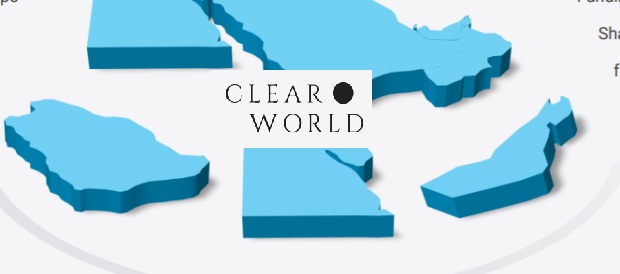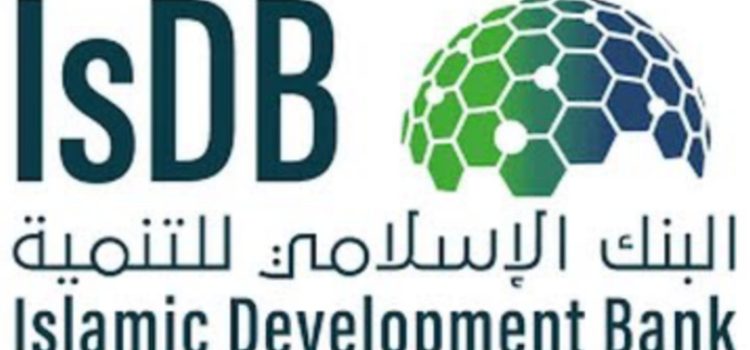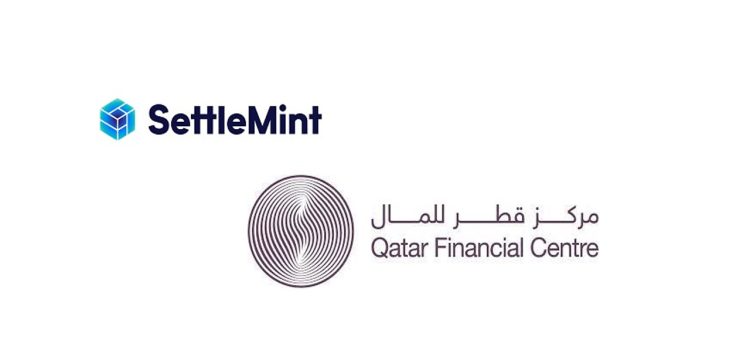
Deniz Ventures, the venture capital fund of DenizBank, established under the Emirates NBD Innovation Fund—the Corporate Venture Capital arm of Emirates NBD Group—and Qatar based Rasmal Ventures, a venture capital firm, have invested in Turkish based TeamSec, an a AI-powered securitization platform, transforming the structured finance industry through its innovative Securitization-as-a-Service platform.
Securitization is the process in which certain types of assets are pooled so that they can be repackaged into interest-bearing securities.
With a total investment raise of 7.6 million USD, TeamSec aims to accelerate its growth operations, focusing on rapid expansion in the Middle East and North Africa (MENA) region. The company already has an innovation license in DIFC ( Dubai International Finance Center). Additionally, TeamSec also aims to diversify its product and service portfolio and enhance current service offerings.
TeamSec in Saudi Arabia
In Saudi Arabia, TeamSec has taken a major leap forward by signing a Memorandum of Understanding (MoU) with SIMAH, the Saudi Credit Bureau. This collaboration is a key milestone in enhancing the securitization ecosystem in the Kingdom, enabling us to access critical credit data and analytics required to structure robust securitization solutions.
The partnership with SIMAH will provide data-driven securitization models that meet international standards. By leveraging SIMAH’s extensive credit information database, the company seeks to ensure that their securitization products are built on a foundation of trust, reliability, and precision—qualities that are vital for attracting investors and fostering confidence in the market.
Through its AI and data analytics-based solutions, TeamSec seeks to create critical value for investors and financial institutions.
Commenting on the investment, Ahmed Al Qassim, Group Head of Wholesale Banking at Emirates NBD, said, “We recognize the immense potential securitization holds in supporting regional growth. Our recent strategic investment in TeamSec, a fintech innovator specializing in Securitization-as-a-Service, underscores our commitment to shaping this market and enabling its growth. We are the first investor in TeamSec, supporting the founder and team in their growth journey at an early stage.”
NEOHUB CEO Gürhan Çam highlighted that TeamSec’s technological infrastructure will lay the groundwork for stronger collaborations among financial institutions in the future and contribute significantly to the financial ecosystem. He stated: “Digital transformation in the fintech sector is no longer a luxury but a necessity. As DenizBank and NEOHUB, we aim to address the technological gaps in the field of securitization by collaborating with startups through our investment in TeamSec. We recognize that TeamSec’s innovations in securitization have the potential to set new industry standards.”
Emphasizing the collaborative approach, Rasmal Ventures’ Co-Managing Partner, Alexander Wiedmer, noted: “TeamSec’s bold vision to revolutionize the securitization industry across the Middle East and beyond resonates strongly with us. Their mission-driven, execution-focused team exemplifies the kind of ambition and innovation we are excited to support. Our investment, alongside Deniz Ventures, reflects our commitment to advance fintech solutions that redefine traditional financial processes. By backing teams like TeamSec, with deep expertise in their field, we aim to accelerate digital transformation and fortify the regional financial ecosystem.”
Emphasizing the role Emirates NBD’s Corporate Venture Capital arm played in driving this investment, Neeraj Makin, Group Head of Strategy, Analytics, and Venture Capital at Emirates NBD, added, “Emirates NBD’s Innovation Fund drives strategic investments in cutting-edge fintech startups like TeamSec, enabling us to deliver tailored solutions that align with our vision of being the most innovative bank for our customers. As the industry evolves, the fund ensures we stay ahead of disruptive trends while enhancing the digital experience for our clients.”
Esad Erkam Köroğlu, Founder and CEO of TeamSec, highlighted that this strategic investment from Deniz Ventures combined with the VC mindset and experience of the Rasmal Ventures’ team, is a key enabler in achieving the company’s vision: “The investment we received from ENBD and Rasmal Ventures demonstrates the trust placed in TeamSec’s vision and technological prowess by these renowned institutions. At the same time, this investment round supports our mission to revolutionize the securitization market, positioning TeamSec as a leader in the fintech sector as well as in the securitization market, particularly in the MENA region. With this investment, we endeavor to strengthen our position as a global game-changer in the field of securitization.”
Qatar based Rasmal Ventures, the first independent venture capital company within QFC authority, licensed to manage exempt funds domiciled in QFC, launched its Rasmal $100 million Fund I in 2023. The Fund was supported by key Qatari private investors and institutions.











